Professor Michael Vastine joined the faculty of St. Thomas University College of Law in 2004, where he is a tenured professor of law and Director of the Immigration Clinic. A frequent conference speaker and author, he is also a leader of the immigration bar, with extensive service within the American Immigration Lawyers Association (AILA). From 2011-20, he was elected to serve on the AILA South Florida Chapter Board of Directors, including a term as Chair of the Chapter. Professor Vastine’s AILA national-level service includes multiple terms on the Federal Litigation Section Steering Committee, Annual Conference Planning Committee, and Amicus Curiae Committee. His impact litigation principally relates to immigration and crimes, including the lead case at the Florida Supreme Court establishing the constitutional rights of immigrant defendants to effective representation by their criminal counsel, and multiple cases at the U.S. Court of Appeals for the Eleventh Circuit delineating the immigration consequences of Florida convictions involving controlled substances. Additionally, he has represented AILA and other community-based organizations, as amicus curiae counsel, in forums ranging from the Board of Immigration Appeals to the U.S. Supreme Court, in matters including the constitutional limits of indefinite detention of immigrants, the due process rights of the physically deported, and the immigration consequences of state crimes. In 2013, Professor Vastine received the AILA (National) Elmer Fried Award for Excellence in Teaching.
The National Center for Missing and Exploited Children estimates that “1 in 6 of the more than 28,800 cases of children reported missing to NCMEC in 2023 were likely victims of child sex trafficking,” and of the children who were reported missing and run away from the welfare system, 19% were likely victims of sex trafficking. The U.S. Department and Health of Human Services, Office of the Inspector General, concludes in its 2022 Report that 65% of children under their review were not screened for whether they were victims of sex trafficking after they returned to foster care system, as required by Federal and State law.
In Florida, the Department of Children and Families reports that in the period of 2022-2023, its Florida Abuse Hotline recorded 1627 cases involving children alleging human trafficking maltreatments.
This issue is also prevalent at the global level. In 2022, the UNODC brought to the fore the fact that young victims under the age of 18 were mostly identified as human trafficking cases in our next-door neighboring countries of Central America and the Caribbean.
These statistics reveal an enormous problem of child trafficking in our society. The Human Trafficking Academy invites you to address the issue of youth trafficking in one intensive week of coursework. The Academy will examine the risk factors that make youth susceptible to trafficking, such as adverse childhood experiences, technology and health risk behaviors, children involved with the juvenile justice system, those placed in child welfare, etc. The experts in this training will also explore the reasons why the system fails to effectively address youth vulnerability, discuss the gaps in policy, law, and practice related to youth protection and safety, and it will search for solutions for the best way forward.
Eminent experts from multidisciplinary areas of law and social sciences will gather at St. Thomas College of Law to share their invaluable expertise and experience at this year’s Academy.
Child service institutions, law enforcement agencies, service providers, health care professionals, state and federal agencies, practitioners, journalists, academics, undergraduate and graduate students, human trafficking survivors, religious institutions and the general public are all welcome to attend, as we work together to better serve children and restore their freedom and dignity.
A remote attendance option is available for those who cannot travel to the event.*
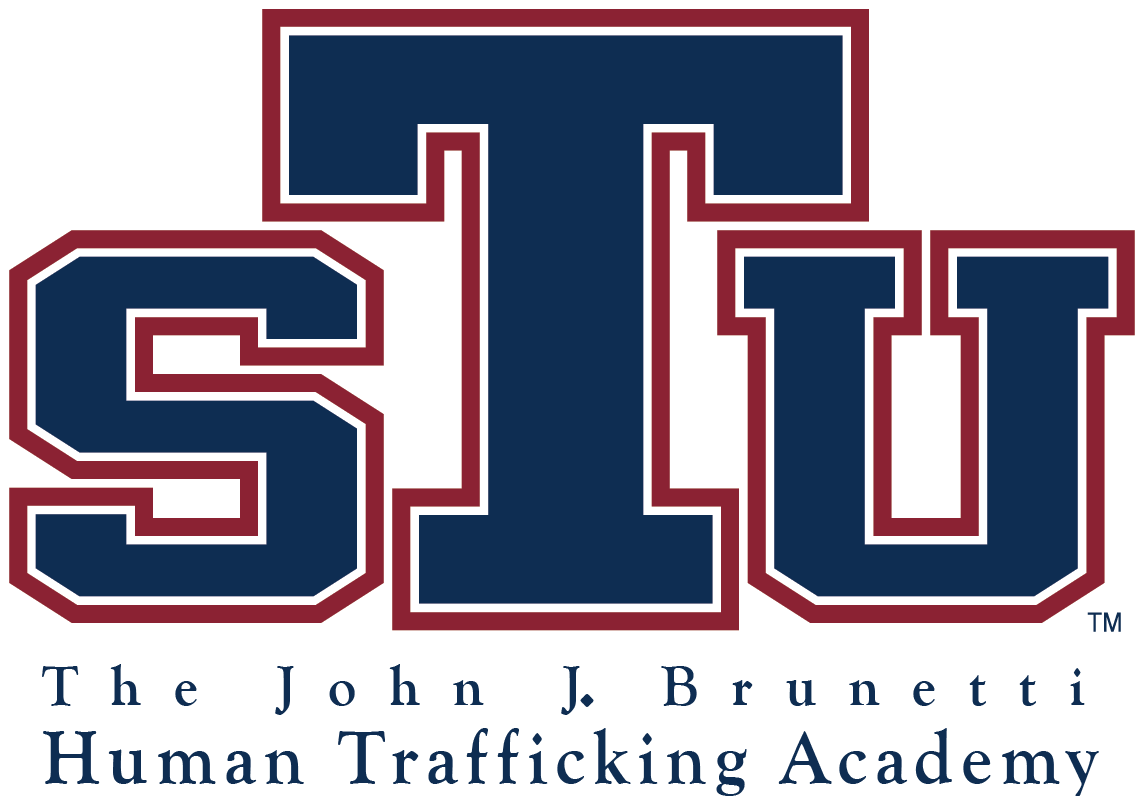



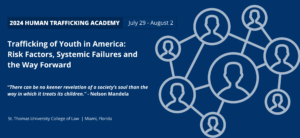

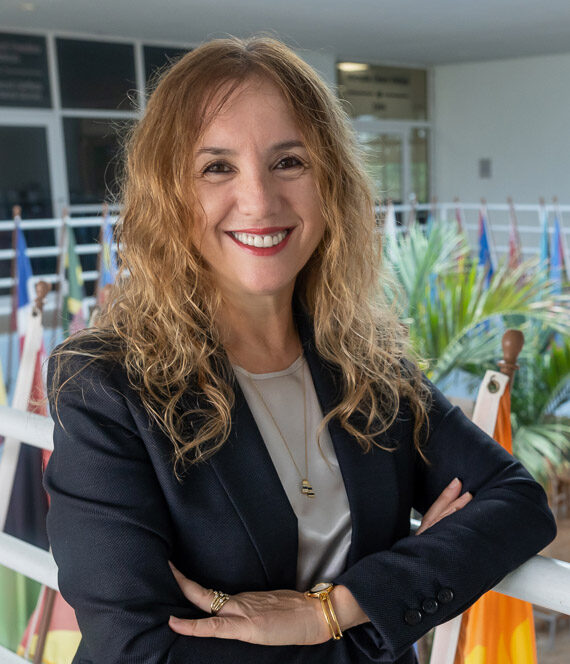 Prof. Dr. Roza Pati
Prof. Dr. Roza Pati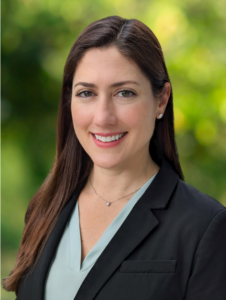
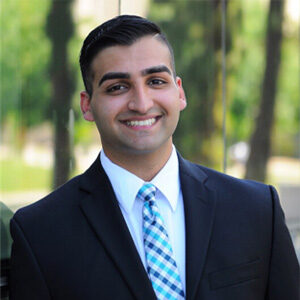
 Professor Brendan M. Conner
Professor Brendan M. Conner  Professor Linh K. Dai
Professor Linh K. Dai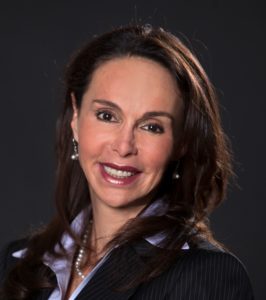
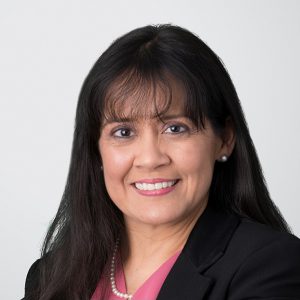

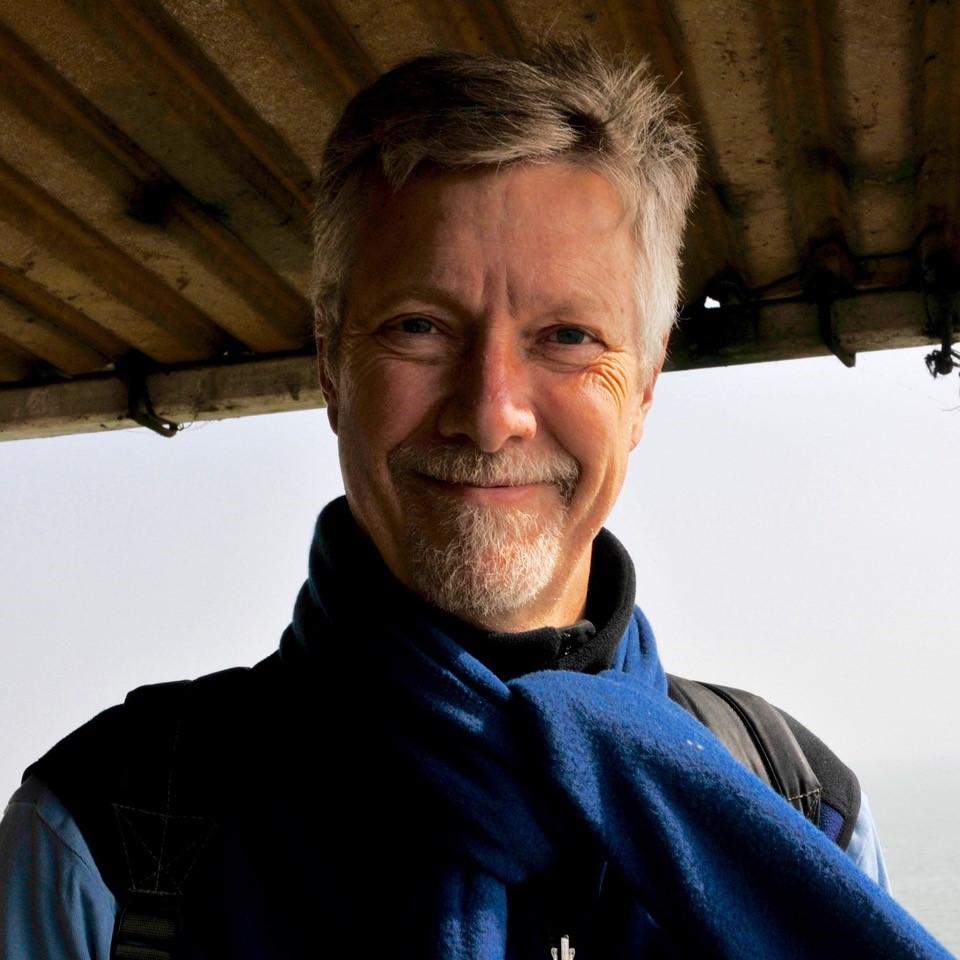
 The Honorable Bella Hounakey
The Honorable Bella Hounakey
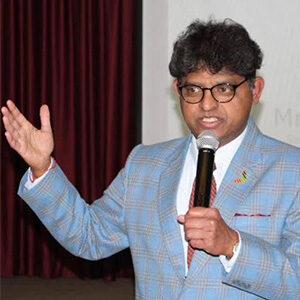 The Honorable Harold D’Souza
The Honorable Harold D’Souza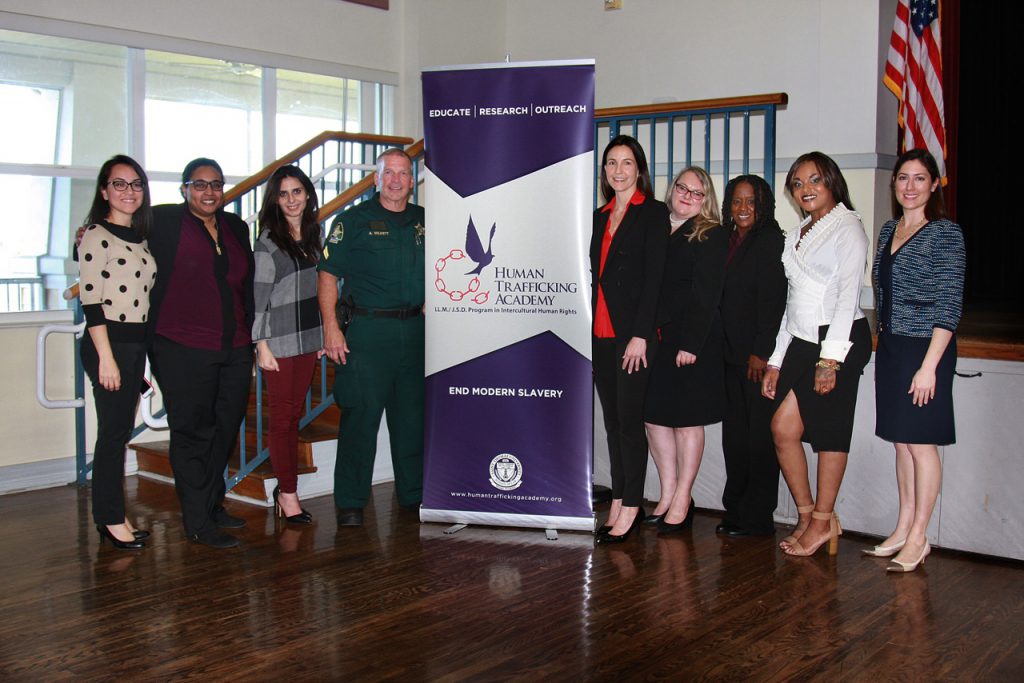
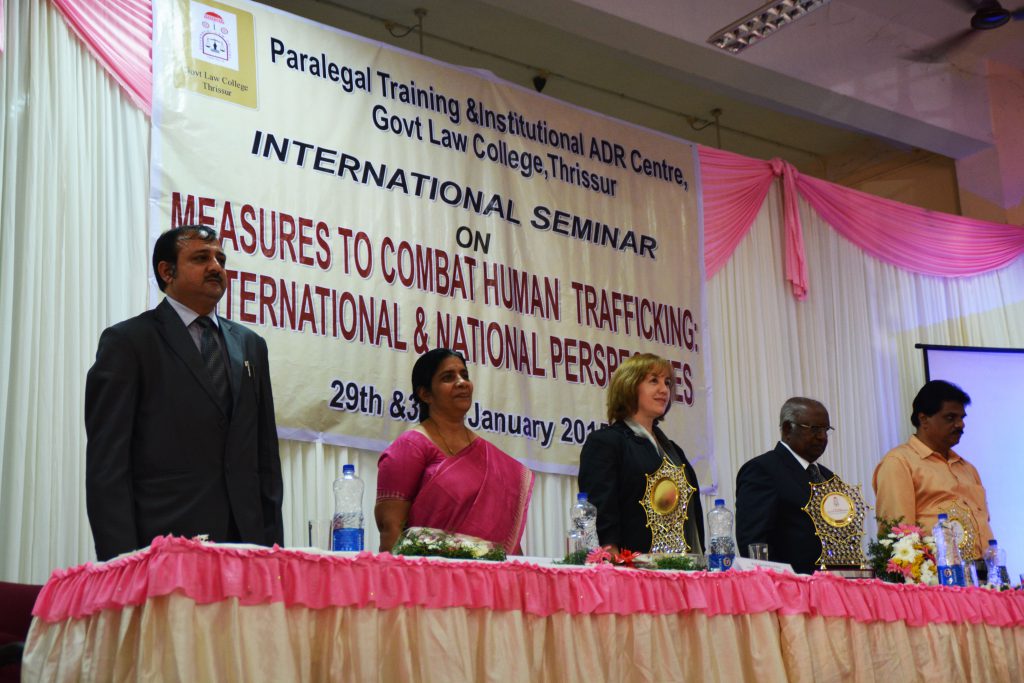
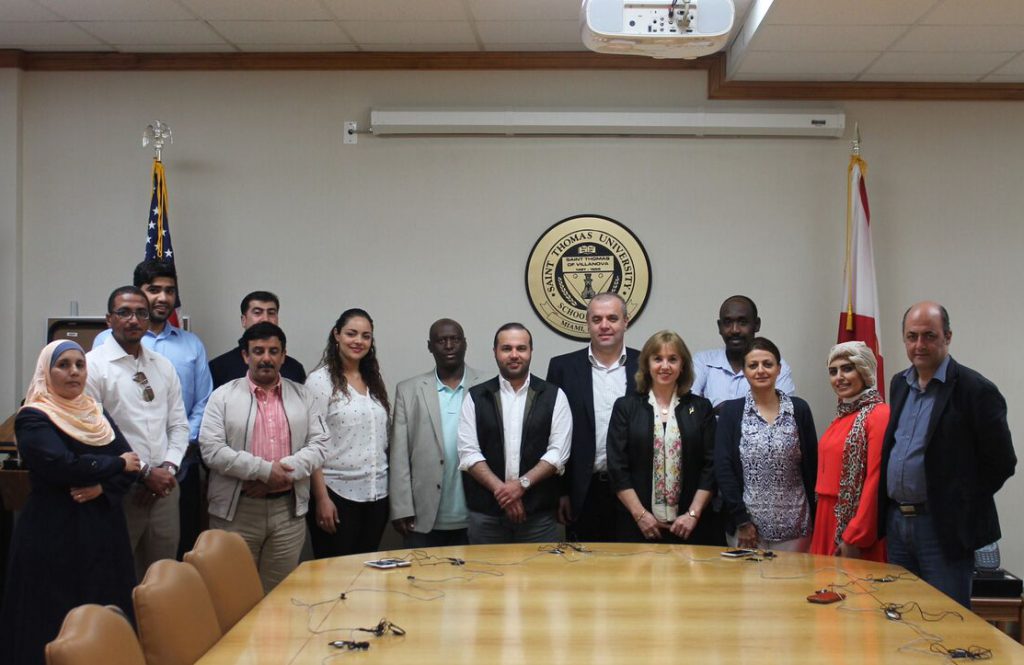
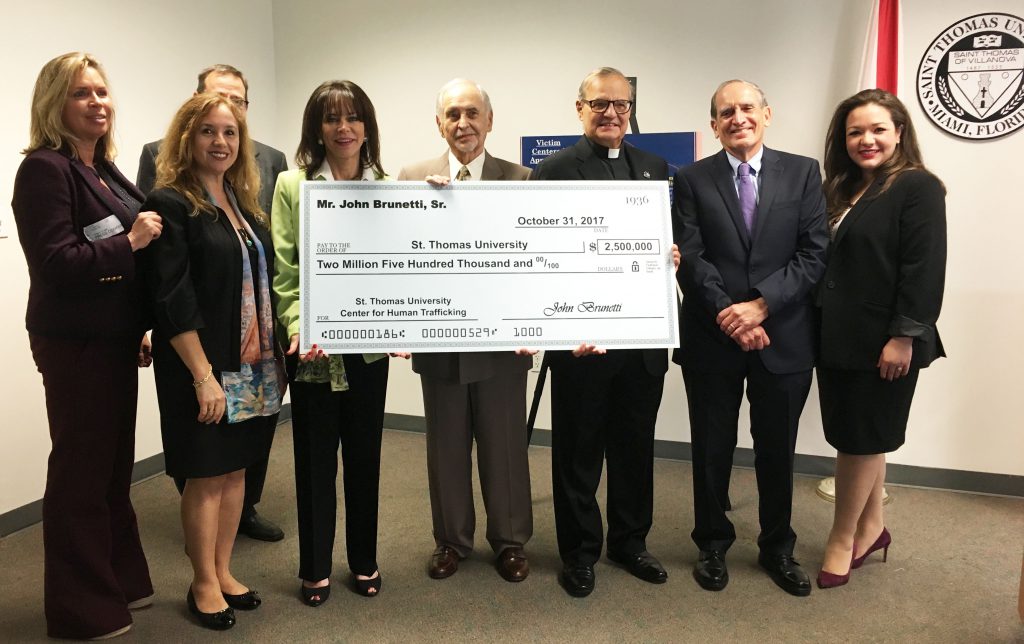
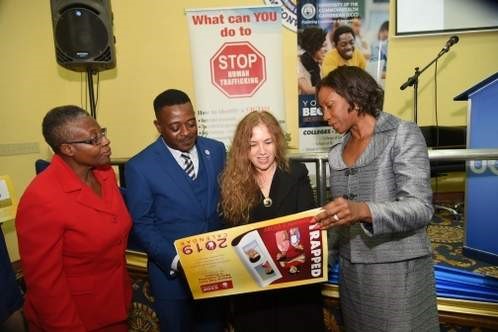
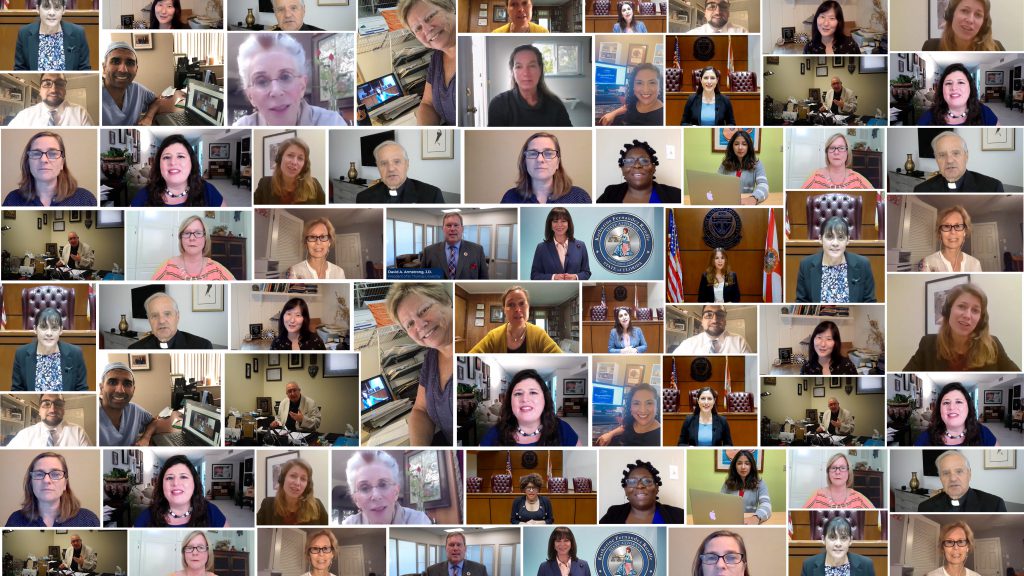
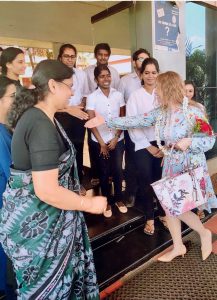
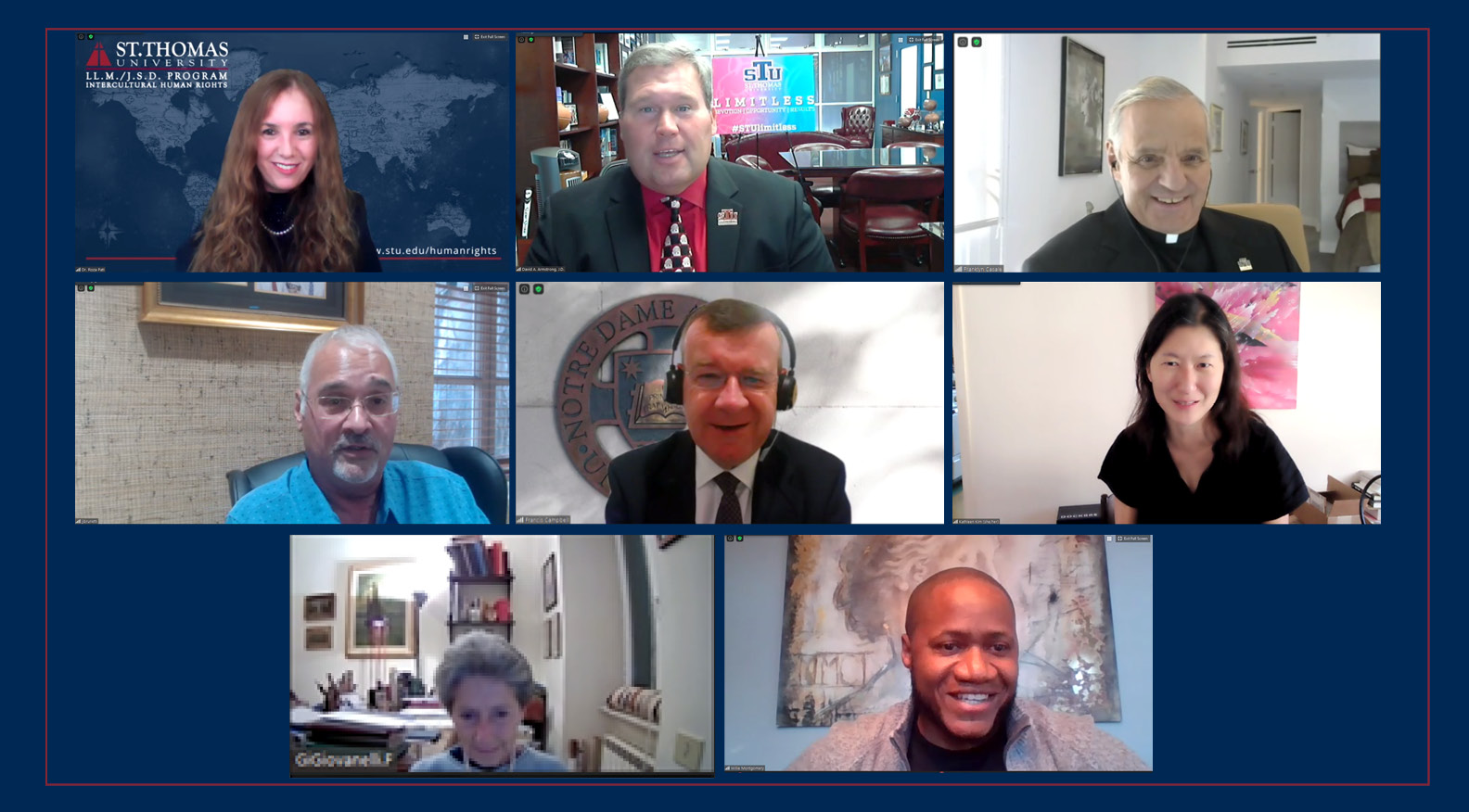
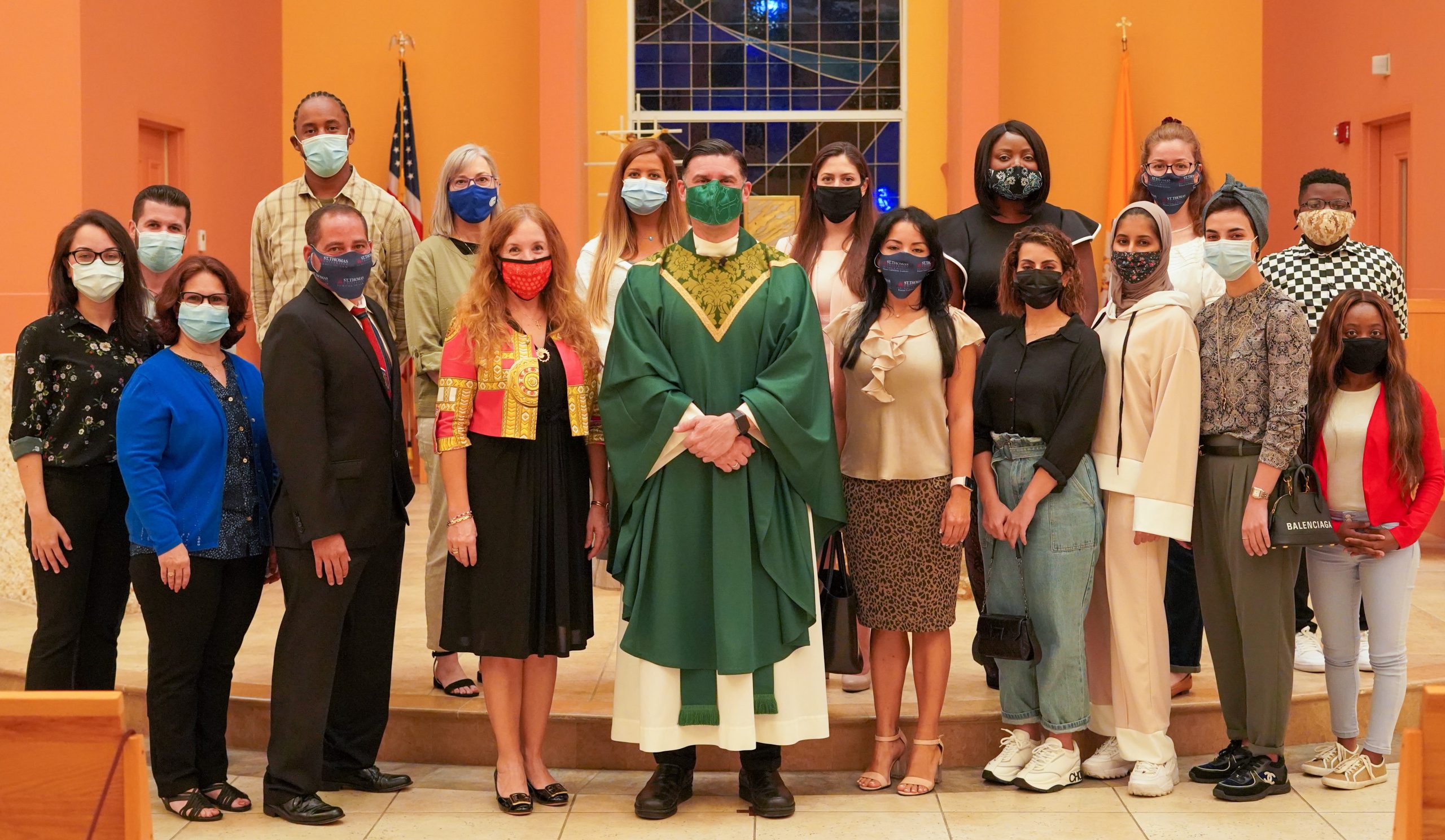
 Ramona D. Miller
Ramona D. Miller Detective Krysten Ridenour
Detective Krysten Ridenour
 The Honorable Amira D. Fox
The Honorable Amira D. Fox Juliana Diaz, LMHC
Juliana Diaz, LMHC Crystal Lee Hamilton
Crystal Lee Hamilton Erika Pineros, LMHC
Erika Pineros, LMHC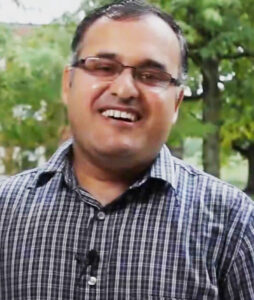 M. Kazam Hashimi
M. Kazam Hashimi
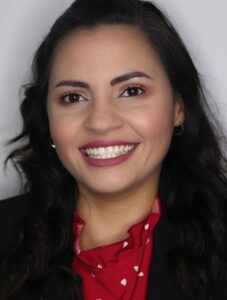 Maryem Reyes
Maryem Reyes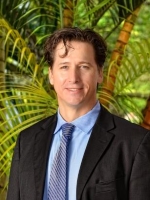
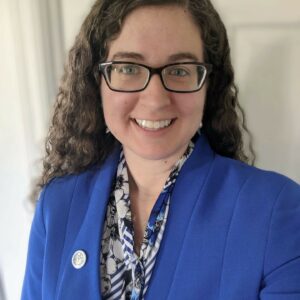 Jennifer Reyes Lay
Jennifer Reyes Lay Sloane Davidson
Sloane Davidson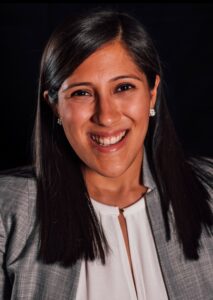
 Ana I. Vallejo, Esq.
Ana I. Vallejo, Esq.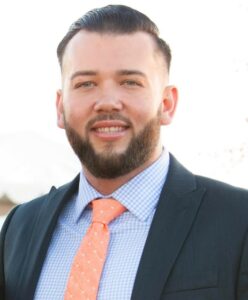 The Honorable Suamhirs Piraino-Guzman
The Honorable Suamhirs Piraino-Guzman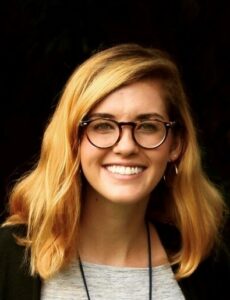 Caroline Chisholm
Caroline Chisholm Imelda Medina, MD, MPH
Imelda Medina, MD, MPH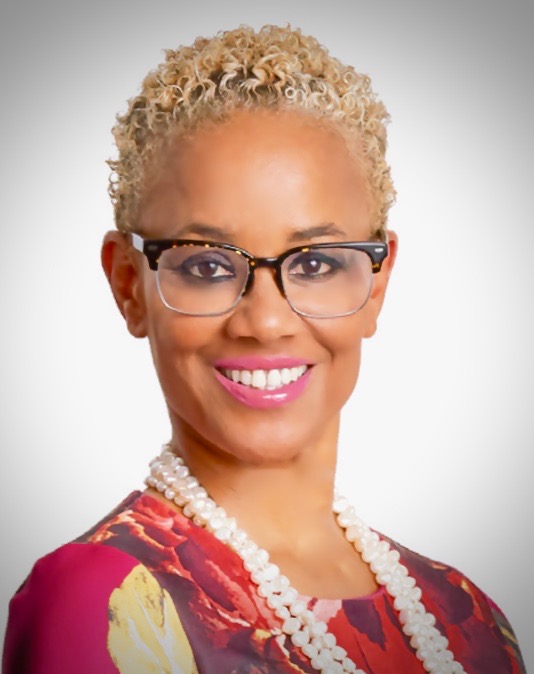
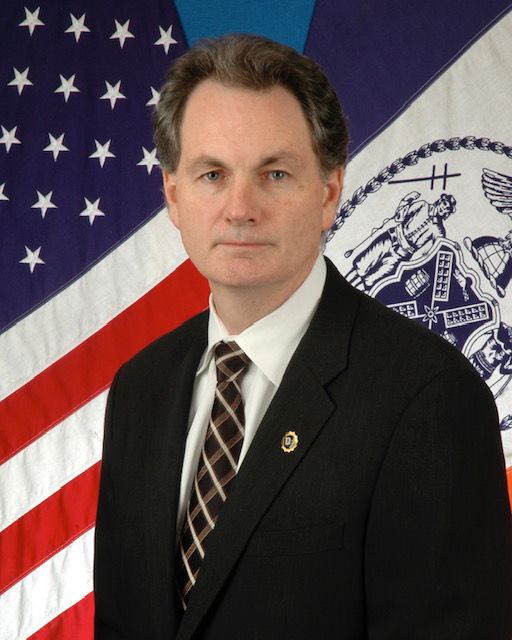
 Kutisha T. Ebron
Kutisha T. Ebron The Honorable Kwami Adoboe-Herrera
The Honorable Kwami Adoboe-Herrera Rebekah Charleston
Rebekah Charleston
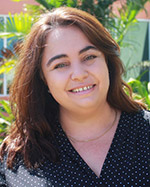 Maria Florencia Cornu Laport, Esq.
Maria Florencia Cornu Laport, Esq.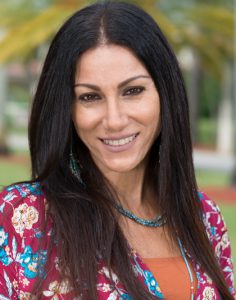
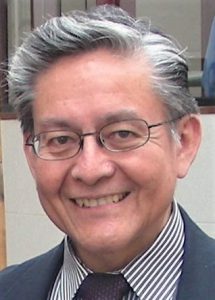




 Maria Vega
Maria Vega




 Gabriela DeBellis
Gabriela DeBellis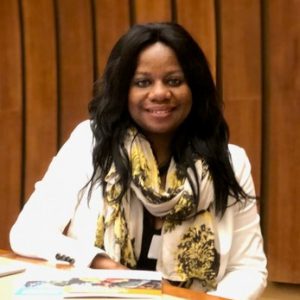 Lerina Bright
Lerina Bright

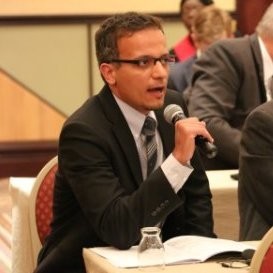
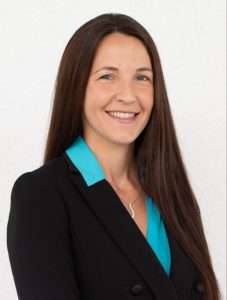
 Ronke Giwa Onafuwa
Ronke Giwa Onafuwa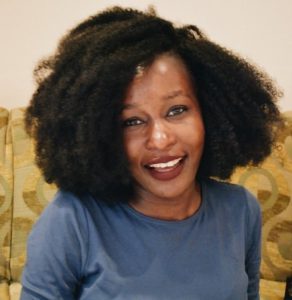

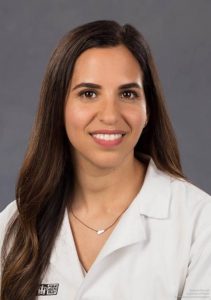
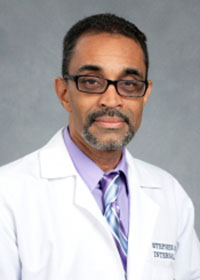
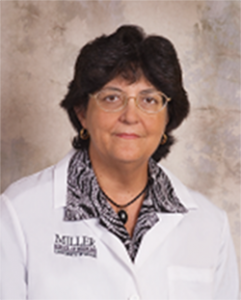
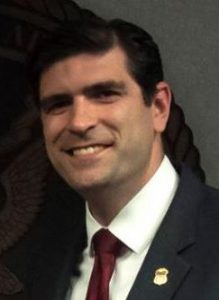

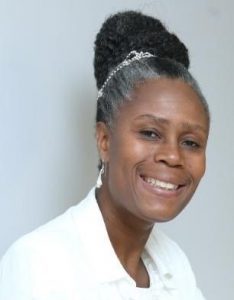 Myriam Mézadieu
Myriam Mézadieu Thear Suzuki
Thear Suzuki Mary Anne Silvestri
Mary Anne Silvestri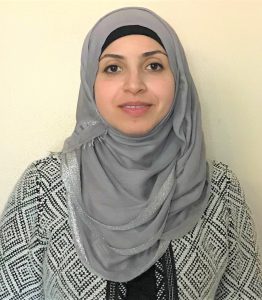

 Susan Patterson
Susan Patterson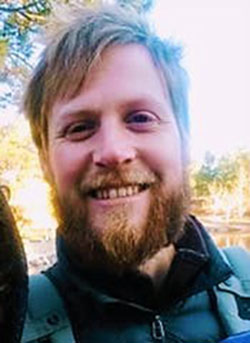 Jordan Bruxvoort
Jordan Bruxvoort